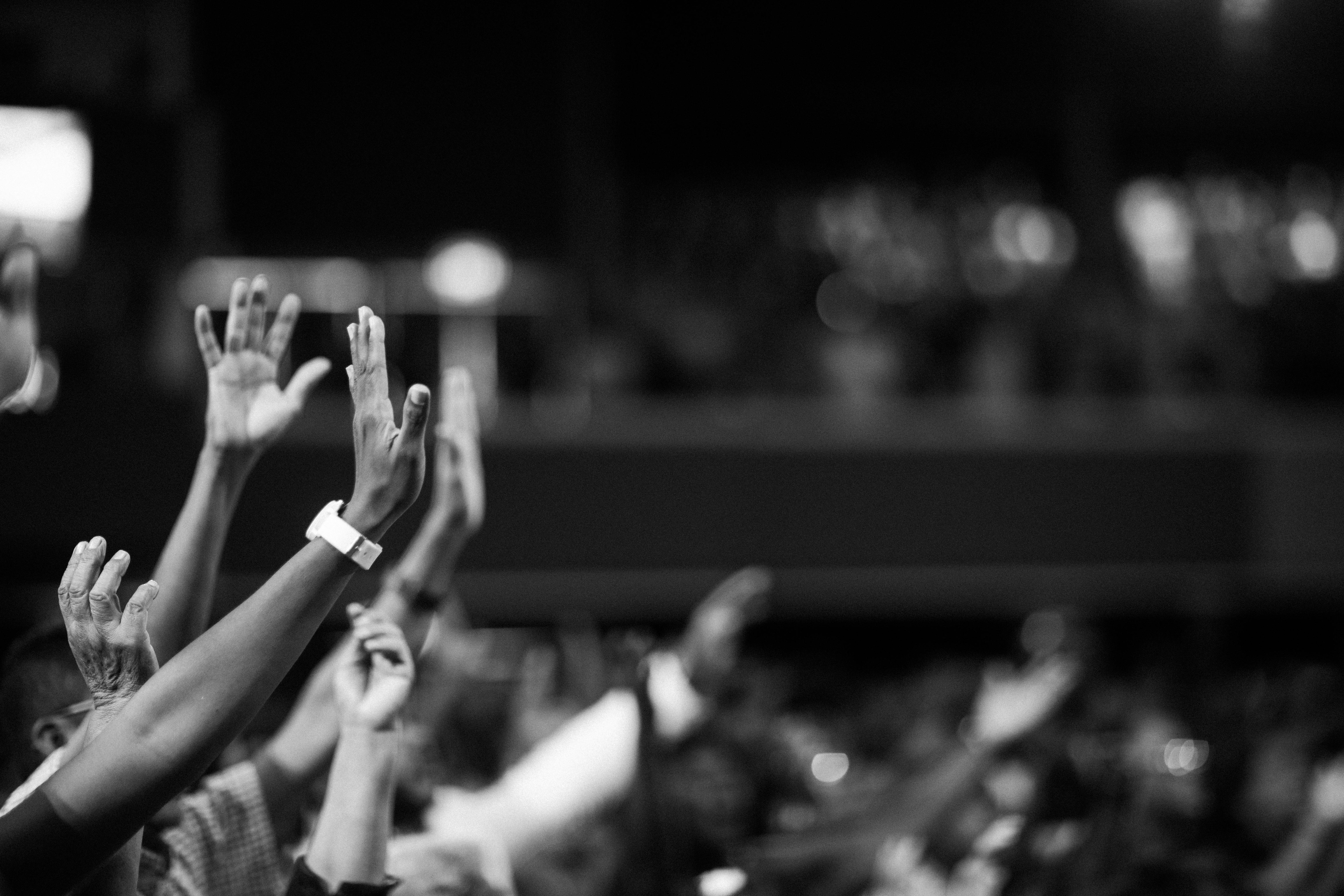




At Reggae North, we bring you the latest in reggae music, events, and entertainment. Our platform is dedicated to showcasing talented artists, from emerging stars to well-known legends. Through engaging content, interviews, and updates on the reggae scene, we celebrate the culture that connects us all. Join us as we keep the rhythm of reggae alive!
Happy Customers
Live Shows
Global Audience
Years of Experience
Our goal is to provide unforgettable entertainment that brings joy and happiness to all.
We create events that foster community spirit and connect people from all walks of life.
We showcase a rich tapestry of cultures through our diverse range of performances and events.

Experience the thrill of live reggae music with our expertly curated events featuring talented artists.

We connect rising stars with renowned musicians for unforgettable collaborations.

Promote your music through our platform to reach our dedicated audience.

From parties to festivals, we handle all aspects of event organization.

Workshops and tutorials on reggae music and performance.

Get your favorite reggae merchandise, from apparel to music.
Experience the Joy of Entertainment
| Standard Package Enjoy our basic entertainment services for any event. |
$500 |
| Premium Package Get enhanced services with additional entertainment options. |
$900 |
| Deluxe Package All-inclusive service for larger events. |
$1,500 |
| Custom Package Tailor your entertainment experience to your needs. |
Contact Us |
| VIP Package Exclusive access to special attractions and performances. |
$2,000 |
| Corporate Package Ideal for business events, includes specialized services. |
$1,200 |

Renowned DJ known for infectious reggae beats.

Comedian and actress exploring self-discovery.

Rapper and activist leading a dirt bike culture.

Actress and producer embracing storytelling.

Actress and musician known for her versatile talent.

Radio host and music influencer in reggae.





We specialize in reggae, dancehall, and various Caribbean music styles.
Yes, we host regular live music events and parties featuring local artists.
You can find our event schedule on our website under 'Events'.
Yes, we provide catering services for private events and celebrations.
You can book our DJ services through the contact form on our website.
We follow all local health guidelines to ensure the safety of our guests.

Relax in style at our themed suite.
Experience the reggae spirit with vibrant decor and comfort. Perfect for couples or friends seeking a memorable getaway. Starting at $150 per night. Book now! Enjoy amenities like a mini-bar, private balcony, and stunning views! Amazing reggae decorations and cozy atmosphere await! Perfect for music lovers! Our Reggae Vibes Suite is your ideal choice! Perfect for a romantic escape or a fun trip with friends! Includes complimentary breakfast! Whether you’re looking for a quiet retreat or party vibes, this room caters to every need! Don’t miss out on our limited-time offers! Call now and reserve your stay! Each suite is uniquely designed to reflect reggae culture, making your stay extra special! Call us for exclusive discounts for longer bookings! Visit ReggaeNorth to book your piece of paradise! Check our website for availability! 5-star reviews from our guests say it all! Soak in the essence of reggae music while enjoying your home away from home! Call for reservations! Limited rooms available! Book now! 5 pictures to promote our amazing Reggae Vibes Suite! A slice of paradise waiting for you! Each suite has its own special charm and musical theme, promising the authentic reggae experience you're looking for! Don't wait! Call us today! 5 pictures featuring room decorations, views, and more! We're excited to host you! You won't regret it! Join us and indulge in the local culture! Our guests love the experience! Contact us for group rates! Don’t settle for less, come get the best! Call to book your reggae getaway! Our rooms fill up fast! Enjoy the reggae vibe in our themed suite! Seeing is believing! And you can only see it when you book your stay! Is it your birthday or anniversary? We offer special packages! Call or check online today! Also perfect for music events around the city! 5 images showcasing our amazing suite! Each one tells a story! Book now to create your own memories! Let us pamper you with our unique reggae experience! Our friendly staff are here to assist you. More than just accommodation; it’s an experience! Our previous guests loved their stay! We can’t wait for you to enjoy Reggae Vibes Suite! Call to reserve today! Enjoy special offers for early bookings! Don’t miss out! Call now! This suite promises comfort and fun! We can’t wait to host you! 5 images included.

Feel the rhythm in every corner!
Immerse yourself in the vibrant world of Dancehall! This room features lively art and energizing decor to get you moving. Starting at $130 per night. Experience the true essence of the dancehall culture with our unique decorations! Great for groups or friends wanting to party! We've included a sound system for your favorite tunes! Don’t miss out on special promotions! Call today! Enjoy all the amenities including snacks! 5 featured images showcasing our lively room theme! Book the Dancehall Escape Room and feel the buzz! Perfect for those looking to celebrate life! Great for unforgettable parties! We've set up a fun atmosphere for you and your friends! Book together and enjoy group discounts! Don't delay! Check our website for room availability! Help us make your stay as special as possible! Dance the night away! You deserve this unique experience!

A peaceful retreat with tropical vibes!
Reconnect with nature in our cozy Island Breeze Cabin. Relax in a serene environment surrounded by lush greenery. Starting at $120 per night. Enjoy a tranquil getaway perfect for relaxation or romantic escapes! Nature at its finest with all necessary amenities! Book today to secure your private cabin! 5 scenic images showcasing the beautiful nature views from the cabin! Slip away from the busy city into our island-inspired accommodation! Let the calming atmosphere wash over you while you enjoy your stay! Treat yourself to a refreshing adventure! There’s no better way to enjoy the reggae culture! Feel the breeze! Each cabin is designed to help you unwind and recharge. Call now for special offers on extended stays! Experience local flavors with breakfast included! The cabin experience is unlike any other; it's an escape!


Lorem ipsum dolor sit amet consectetur.
Monday
9:00 AM - 11:00 PM
Tuesday
9:00 AM - 11:00 PM
Wednesday
9:00 AM - 11:00 PM
Thursday
9:00 AM - 11:00 PM
Friday
9:00 AM - 1:00 AM
Saturday
10:00 AM - 1:00 AM
Sunday
10:00 AM - 11:00 PM